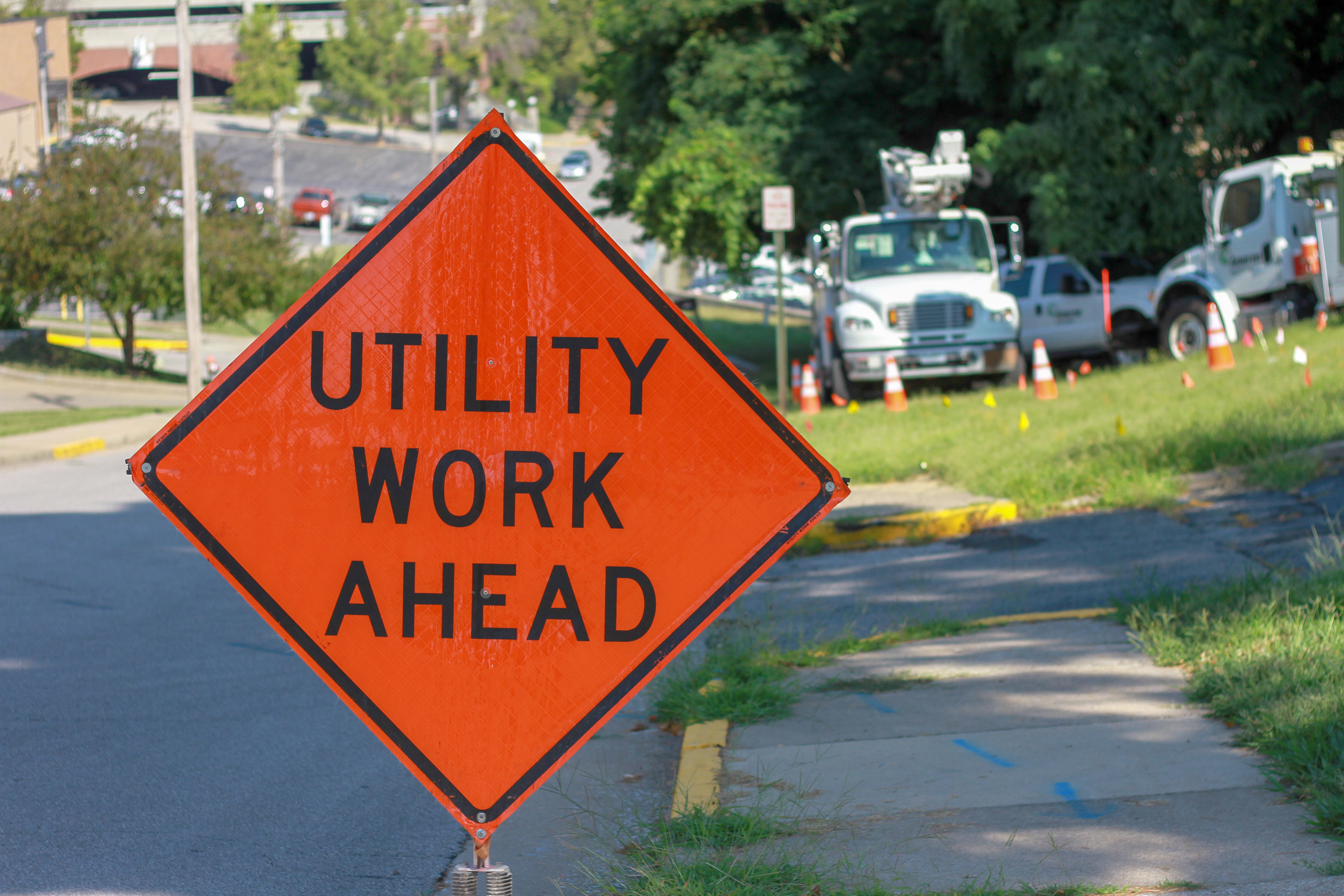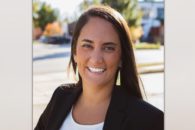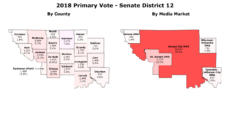As costs increase and the winter months approach, Missouri is expanding its energy assistance benefits for low-income residents.
The Low-Income Home Energy Assistance Program (LIHEAP) offers eligible Missourians assistance on heating and cooling bills. While the summer program has been offered from June-September with the winter program running from November-May, the Department of Social Services (DSS) expanded the program this week to cover Missourians year-round.
The state is also doubling the maximum amount of benefits available through the Energy Crisis Intervention Program (ECIP) which offers assistance for residents facing an unexpected loss of income or a life-threatening situation.
“This is a monumental change that can make a huge difference for a household that may be experiencing financial hardships,” said DSS Acting Director Robert Knodell. “Utility costs are rising, and it is important for the safety and well-being of Missourians that the amount of help available to them during times of need better reflect the increased prices.”
Winter ECIP’s cap increased from $800 to $1,600 while summer coverage rose from $600 to $1,200. DSS is also doubling LIHEAP’s Energy Assistance (EA) program which offers one-time payment assistance to eligible ratepayers. DSS will grant additional credits to those who have already received payments through the program from Oct. 1 onward.
The amount of available EA benefits depend on the type of fuel used: Those using tank propane are eligible for up to $990, the largest amount available, while kerosene user benefits have the lowest cap at $306.
The state increased the cap on winter ECIP benefits to $800 in February as energy costs and demand skyrocketed with Winter Storm Uri’s grip on the Midwest. The EA program was also extended through the end of May this year.
LIHEAP benefits are available to Missourians at or below the State Median Income who have less than $3,000 in their bank or retirement accounts, are responsible for home utility bills, and are U.S. citizens or have been legally admitted for permanent residence. The program is offered through utility providers, DSS, and nonprofit organizations.
Missouri provided more than $78 million in LIHEAP assistance during the 2020 fiscal year, serving more than 108,000 households, according to DSS.

Cameron Gerber studied journalism at Lincoln University. Prior to Lincoln, he earned an associate’s degree from State Fair Community College. Cameron is a native of Eldon, Missouri.
Contact Cameron at cameron@themissouritimes.com.
























